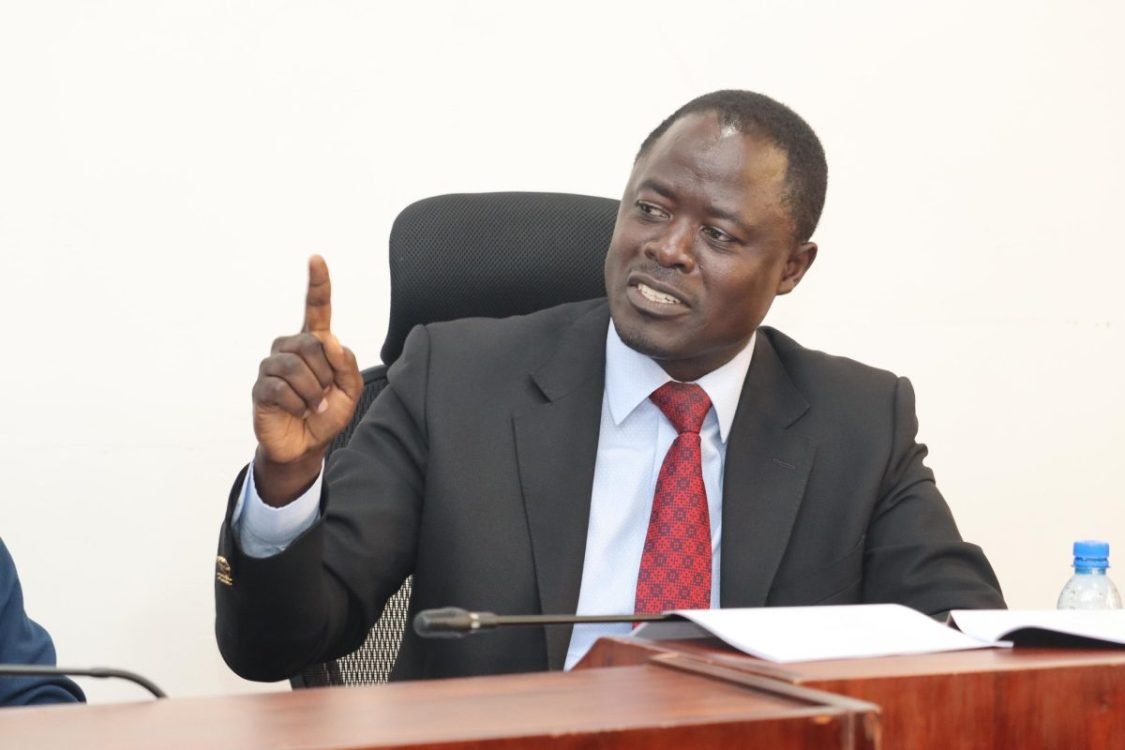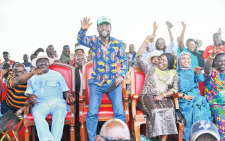Toxic politics dangerous for national cohesion

Last Friday’s attack on Azimio la Umoja-One Kenya coalition presidential candidate Raila Odinga demonstrates how dangerously deep, toxic political rhetoric has permeated our society.
The race to State House has apparently become a mortal obsession for some political aspirants and their allies, willing to achieve their ambitions “by any means necessary”.
Democracy has been relegated to the periphery, freedom of speech and expression turned into a weapon to demonise opponents with denigrating public utterances, potential voters unwitting pawns in the manipulated political chessboard.
Not even the Head of State who deserves respect and moderated criticism as a symbol of national stability, is spared a torrent of insults and vile insinuations.
Merely because he disentangled a close associate to back an erstwhile rival hitherto political nemesis. His personal reasons for this unprecedented choice borne from experience in the Executive, and democratic right as a citizen notwithstanding.
Yes, he may have imperfections, not least bellicose politicians including those in the same Executive who must equally shoulder its flaws and successes, even as they turn the heat on him and his choice with all manner of accusations.
The Bible, in Mathew 7:5, tells us: “Thou hypocrite, first cast out the beam out of thine own eye; and then shalt thou see clearly to cast out the mote out of thy brother’s eye”.
To advance cleverly convoluted ambitions in a deceitful futile bid to downgrade opponents, politicians are spewing vitriolic public statements harming national cohesion and inciting a gullible public into violent actions; in the name of ascending to power at all costs.
We cannot afford to walk a path of bitterness, recrimination and foul language promoting political zoning that spark ethnic conflict every election season.
The 2007/2008 post-election violence nearly plunged the Kenyan nation into a catastrophe and prospects of targeted ethnic violence hang on our neck and national conscience like an albatross – fueled by hate speech.
Sadly, the scary incident that threatened the lives of Raila and other leaders during the burial of a respected community and national leader, happened at a location synonymous with the epicenter of the tragic mayhem in this dark period of Kenya’s history.
Those who want to take us back to that ominous past must be condemned and held to account for inciteful toxic public pronouncements and conspiracies that could easily drag us into bloodshed.
Of late attacks against the President and his preferred successor from the other side of the political divide have reached a curiously obsessive crescendo, heightened after the Supreme Court delivered the judgement that outlawed the Building Bridges Initiative (BBI).
Though they championed BBI as an antidote to national discord, the Handshake partners did not interfere with the exhaustive judicial process that exposed the constitutional flaws in the process leading to its collapse, yet also offered a compass for its reincarnation – after the 9 August election.
Political wisdom teaches that even as you remain watchful, you do not respond to detractors in kind.
Kenyans are yearning for unity and a solution to the myriad economic challenges facing them, some caused by the impact of Covid-19 pandemic.
The Azimio leader should seize the BBI lesson to forge a national unity agenda that could steal the thunder from opponents, with a robust national economic recovery plan and a communication strategy strengthening inclusion, devolution and social protection. Four months is enough time to turn the tide.









